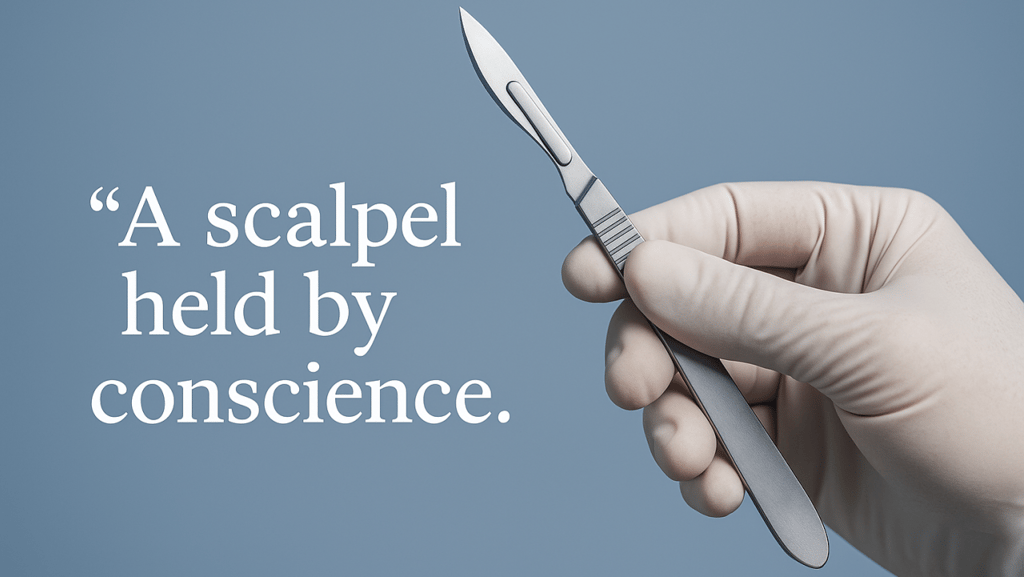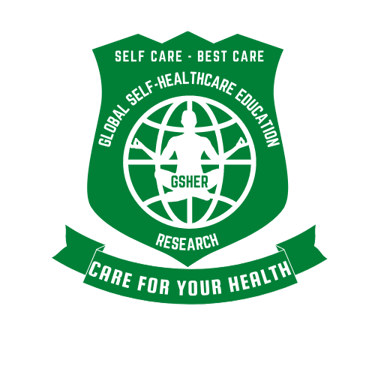

When I first came to Rourkela in 1998, I was a young surgeon filled with fire, confident, skilled, and armed with the latest techniques. Every patient felt like a challenge to prove my ability. I had the hammer of a degree, and so naturally, every case looked like a nail.
But life and God had other plans.
At VPH, I worked under a renowned surgeon, a visionary entrepreneur of his time, and my anesthetist, a senior lady with quiet strength, became my unseen mentor. Whenever I made quick decisions, guided by knowledge, not wisdom, they would resist gently, with silence and experience.
Sometimes I ignored them. And when the results went wrong, I learned what no textbook had ever taught:
I then realised that there are three lessons in surgery:
How to do surgery — the science.
When to do surgery — the judgment.
When not to do surgery — the wisdom.
That third one changed my life.
In that year, my failures became my teachers, my pride my patient, and humility my medicine. I learned that true healing begins when ego ends.
Now, decades later, when I look back, I don’t thank my successes: I thank my mistakes, my mentors, and my faith. Because each of them taught me to pause before I cut, to listen before I act, and to surrender before I decide.
To all young doctors stepping into this noble field:
Master your skill, but guard your soul.
Let your hands move with science, but your heart with conscience.
And when in doubt, remember: sometimes, the bravest decision is not to operate, but to wait.
Medicine is not just a profession. It’s a prayer in motion. And when your decisions are aligned with ethics, empathy, and the Supreme, He gives you something greater than fame, the peace of doing the right thing.
